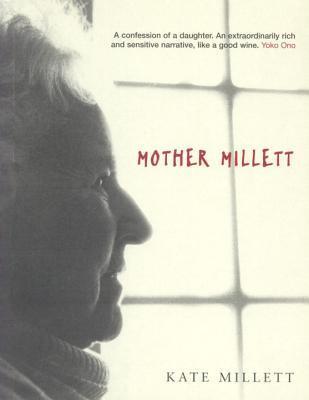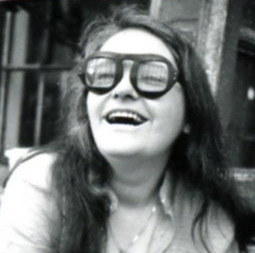
Kate Millett’s tremulous and hauntingly beautiful memoir begins with a telephone call from Minnesota where her mother is dying. Her return home to a severe, intelligent, and controlling matriarch is the catalyst for a meditation on her upbringing in middle America and her subsequent outcast status as a political activist, artist, and lesbian. Mother Millett is an intensely personal journey through the author’s interior life, a subject she has visited over the years in such classic texts as Sita and The Loony Bin Trip . In these pages are reflections on a life of political engagement, beginning with the sexual politics of the feminist movement, proceeding to the struggle for gay liberation, and culminating in her campaign for housing rights on the Lower East Side of New York where she and her neighbors currently face eviction. Throughout, Millett confronts her fears of losing her mother, the anchor to a world she has long ago rejected but which continues to define her. Echoing Philip Roth’s Patrimony, Millett writes with great poignancy about caring for the person who brought her into the world, a role reversal that brings with it both devastation and grace.
Author

Katherine Murray "Kate" Millett was an American feminist writer, educator, artist, and activist. She attended Oxford University and was the first American woman to be awarded a postgraduate degree with first-class honors by St. Hilda's. She has been described as "a seminal influence on second-wave feminism", and is best known for her 1970 book Sexual Politics," which was her doctoral dissertation at Columbia University. Journalist Liza Featherstone attributes previously unimaginable "legal abortion, greater professional equality between the sexes and a sexual freedom" being made possible partially due to Millett's efforts. The feminist, human rights, peace, civil rights, and anti-psychiatry movements have been some of Millett's key causes. Her books were motivated by her activism, such as woman's rights and mental health reform, and several were autobiographical memoirs that explored her sexuality, mental health, and relationships. Mother Millett and The Loony Bin Trip, for instance, dealt with family issues and the times when she was involuntarily committed. Besides appearing in a number of documentaries, she produced Three Lives and wrote Not a Love Story: A Film about Pornography. In the 1960s and 1970s, Millett taught at Waseda University, Bryn Mawr College, Barnard College, and University of California, Berkeley. Millett was raised in Minnesota and has spent most of her adult life in Manhattan and the Woman's Art Colony, which became the Millett Center for the Arts in 2012, that she established in Poughkeepsie, New York. Self-identified as bisexual, Millett was married to sculptor Fumio Yoshimura from 1965 to 1985 and had relationships with women, one of whom was the inspiration for her book Sita. She has continued to work as an activist, writer, and artist. Some of her later written works are The Politics of Cruelty (1994), about state-sanctioned torture in many countries, and a book about the relationship with her mother in Mother Millett (2001). Between 2011 and 2013 she has won the Lambda Pioneer Award for Literature, received Yoko Ono's Courage Award for the Arts, and was inducted into the National Women's Hall of Fame.